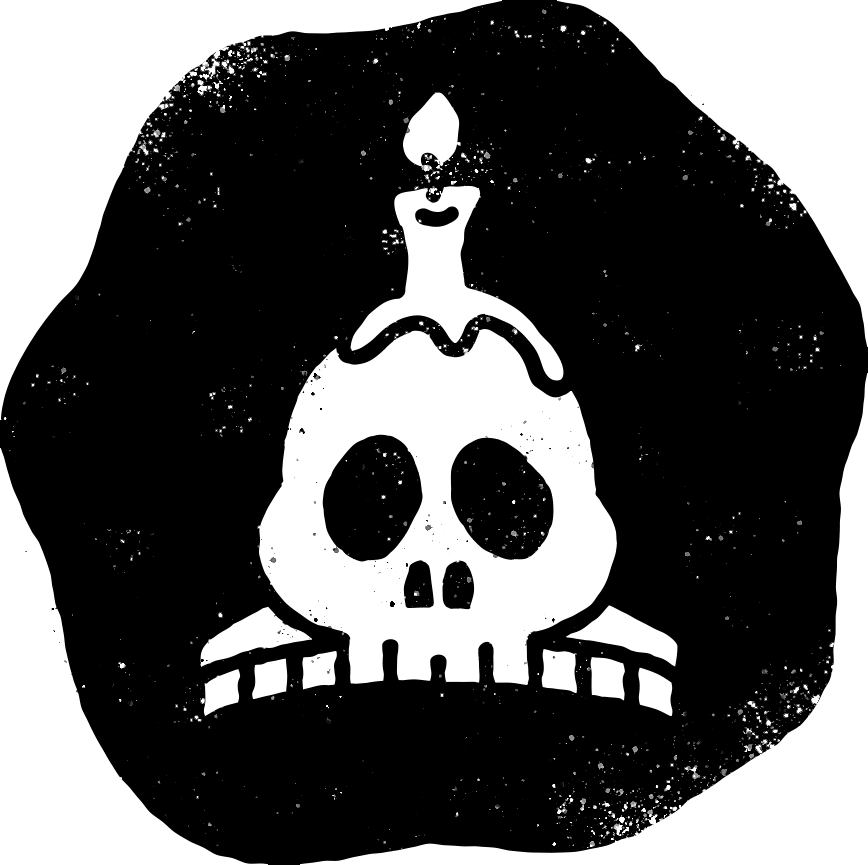Beginnings and endings
I love celebrating beginnings, endings, and everything in between. I relentlessly documented my move to New York, posting exhaustive monthly wrap-ups for the first year, and yearly recaps after that. For the first five years, I hosted a gathering to commemorate my July 1st “New Yorkiversary;” the attendees and venue were never the same but the sentiment was consistent: nothing is too big or small to celebrate.
I didn’t intend to make much of my exit from New York, but I couldn’t leave the city—even temporarily—without acknowledging and celebrating the people that made my nearly seven years as a New Yorker so special. Most of my friends had already left themselves, each in search of different things in different places, but I still planned a night of “goodbye for now” drinks. I kept the event on my calendar for much longer than was realistic, reluctant to delete it even when bars (and most of New York City) officially shut their doors in March.
We’re all experiencing a unique brand of collective and personal grief. For me, it comes in waves: there are moments when I’m able to conjure up hope for our future and clearly see the opportunities we have to improve society and right many of the wrongs that got us to where we are now; but there are also plenty of low points. I knew leaving New York would be hard, but I didn’t expect so much of what I loved about it to essentially vanish overnight.
It’s human nature to hold onto people, places, and things past their natural endings. We invent fantasies and false hopes, latching onto seemingly impossible situations to cope—even death, the most permanent and universal ending, has been rendered more palatable with the notion of a blissful afterlife, or in the fruitless quest to preserve our physical form.
Sometimes, we’re given the luxury of planning our beginnings and endings. But more often than not, we only recognize the significance of such moments with the benefit of hindsight. Sudden deaths—of people, ideas, or routines—rob us of our ability to properly prepare ourselves, but they also remind us that very little is in our control. We have no choice but to go on living our lives, hoping for more, while simultaneously knowing that nothing is guaranteed.
On March 5th, I met a friend at a bar in Brooklyn, and we ordered the mac n’ cheese—one of my top five favorite meals in all of New York. The next morning, I met my uncle for breakfast—baked eggs at Cafe Luxembourg, inexplicably only available on weekdays—and in the evening another friend and I went to see Portrait of a Lady on Fire at the Angelika. We took the subway to Broadway Lafayette and then back to my apartment in Harlem.
The next morning we picked up a ZipCar and drove upstate; the threat of COVID-19 was looming, but we laughed at the notion of a lockdown. We stopped for lunch at the Historic Village Diner in Red Hook; it was packed but we scored the last vinyl booth, staying until the chrome-and-neon dining car emptied out. I drank several cups of coffee, left the friendly waitress a generous tip, and washed my hands twice.
On our way to the diner, we passed a literal fork in the road; after lunch we backtracked to get a closer look. The 31-foot-tall “punny sculpture” was erected by local artist Stephen B. Schreiber in 2000, who told Hudson Valley Magazine, “I think sculpture should do something other than just sit there.”
We stayed at the Rivertown Lodge, ate dinner at a local pizzeria, and had drinks in a crowded bookshop bar. The next morning we browsed antique shops, had brunch, and I pulled over to snap a few photos of a ramshackle mansion straight out of Andrew Wyeth’s Christina’s World.
There was nothing extraordinary about these four days, at least not when viewed within the larger context of the life I’ve intentionally created for myself. But since March 9th I’ve been in some semblance of quarantine, with nothing but time to consider the rearview. I’ve wondered what it would be like to live through periods of great historical significance—the 1918 flu pandemic, WWII, New York in the late 70s—and I’ve often immersed myself in the past, trying in vain to glean lessons that I can apply to the present. The greater the distance we have from something, the easier it should be to analyze, digest, and learn from.
It may not feel as if we’re in control of much—especially now—but that’s not exactly true. We are in control of our own celebrations and only we get to say what matters most in our own lives. I don’t regret celebrating the beginnings or honoring the endings because we almost never know when a seemingly ordinary moment will be made extraordinary by factors that will always remain outside of our control. I’m optimistic that I will ride the subway, drink countless cups of diner coffee, and carve out a space for myself in a crowded bar again; nothing lasts forever and life will resume eventually, even if it will never look or feel exactly as it once did.
On our way back to the city—and due to my reluctancy to rely on a GPS—I took a wrong turn. We had intended to go to Kingston but ended up in Woodstock instead, a town that had been on my travel wish-list for years. We had lunch and bought books from a witchy bookstore. The clocks had been turned ahead early in the morning; we lost an hour, but gained something too. We sat outside, enjoying the sun until the last possible second, trying in vain to slow the relentless march of time.
















